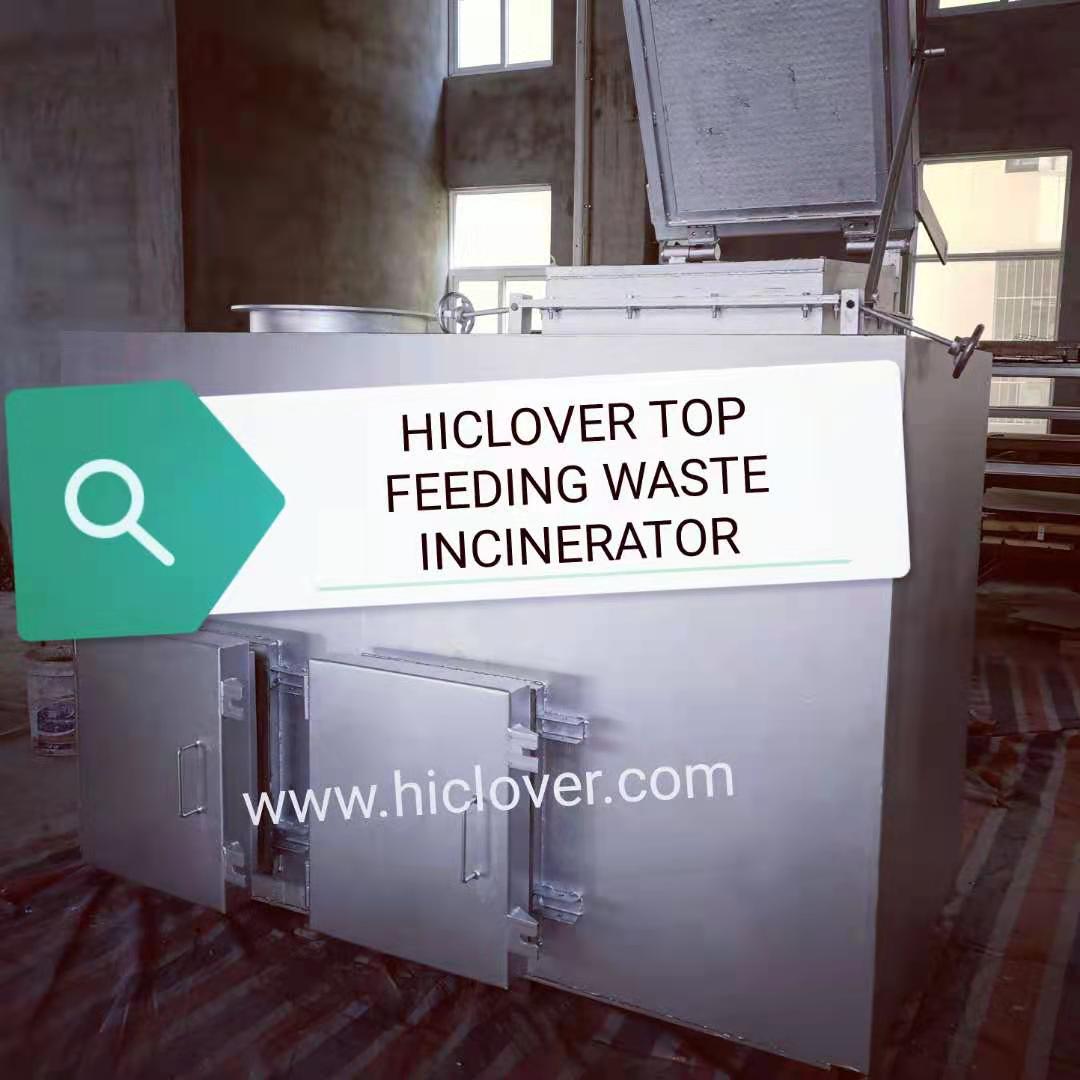Improper waste disposal has become a significant environmental issue in recent years, with detrimental effects on the planet and its ecosystems. The improper disposal of waste can lead to air, water, and soil pollution, as well as a host of other problems that can have far-reaching consequences.
One of the most significant environmental impacts of improper waste disposal is the contamination of water sources. When waste is not disposed of properly, it can end up leaching into the soil and eventually contaminating groundwater supplies. This can lead to a myriad of problems, including the spread of diseases and the destruction of aquatic ecosystems.
Improper waste disposal also contributes to air pollution. When organic waste such as food scraps and yard waste are not disposed of properly, they can release harmful gases, such as methane and carbon dioxide, as they decompose. These gases contribute to the greenhouse effect, which is a major contributor to climate change. In addition, the burning of waste can release toxic chemicals into the air, further exacerbating air pollution.
Not only does improper waste disposal have negative effects on the environment, but it also poses a significant threat to human health. Hazardous waste, such as electronics and certain chemicals, can contaminate the soil and water, leading to a range of health problems in humans and animals. In addition, exposure to air pollution from improperly disposed waste can lead to respiratory issues and other health concerns.
Proper disposal points are crucial in combating the environmental impacts of improper waste disposal. These disposal points are essential for ensuring that waste is handled and disposed of in a way that minimizes its impact on the environment. Proper disposal facilities can safely handle and dispose of hazardous waste, preventing it from contaminating the environment.
Furthermore, proper disposal points can also help to ensure that materials are recycled and repurposed whenever possible. Recycling reduces the amount of waste that ends up in landfills and incinerators, further reducing the environmental impact of waste disposal.
It is essential for communities and governments to establish and maintain proper disposal points to combat the environmental impacts of improper waste disposal. Additionally, individuals can take steps to minimize their impact by properly disposing of their waste, recycling when possible, and reducing their overall waste production.
In conclusion, the environmental impact of improper waste disposal is significant and far-reaching. Proper disposal points are crucial in mitigating these impacts and protecting the planet and its ecosystems. It is essential for individuals, communities, and governments to work together to ensure that waste is handled and disposed of in a way that minimizes its impact on the environment. By doing so, we can work towards a healthier and more sustainable future for our planet.



